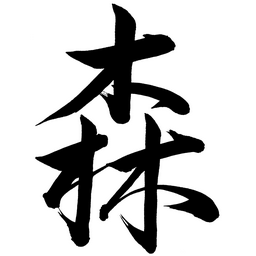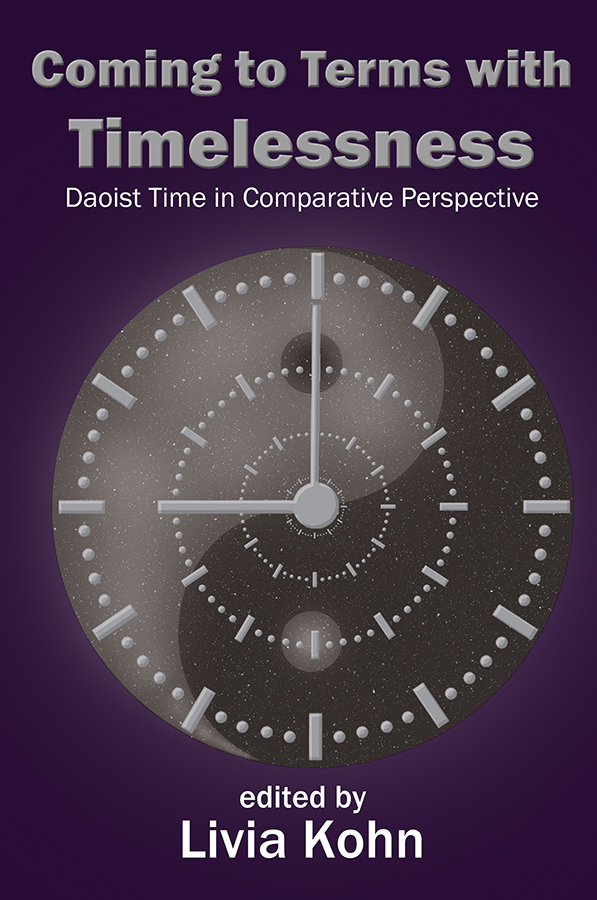THE EDITOR
Livia Kohn, Ph.D., is Professor Emerita of Religion and East Asian Studies at Boston University. The author or editor of close to sixty books (including the annual Journal of Daoist Studies), she spent ten years in Kyoto doing research. She currently serves as the executive editor of Three Pines Press as well as the Journal of Daoist Studies, runs international conferences, and guides study tours to Japan.
PRAISE
This volume provides a probing exploration of timelessness across several disciplines and historical periods. Drawing on J.T. Fraser’s system of six temporalities, Livia Kohn’s rigorous introduction situates Daoist thought in a rich nexus of religious and psychological perspectives on timelessness. The essays by an international array of distinguished scholars undertake ambitious, original comparative lines of investigation, putting Taoist thought in dialogue with sources ranging from classical philosophy and Neoplatonsim to modern cinema and depth psychology. Challenging yet accessible, reading this volume is a rewarding, enriching experience.
–Paul A. Harris, Professor of English, Loyola Marymount University; President of the International Society for the Study of Time (2004-2013).
“Just as fish appear unaware of the water they swim and live in, so are humans unaware of being immersed in Dao”—and in timelessness, the ultimate root of time. Sometimes we feel time is “slipping away” as we are pulled along by its powerful, unseen currents; at other times, we feel that time slows or stops as we float serenely in its still, silent depths. Traditional Daoist views of time already, it seems, anticipated the Einsteinian property of space-time, relating to Greek, Buddhist, and other thought while recognizing a complex interplay and interdependence. Coming to Terms with Timelessness presents a thought-provoking and interdisciplinary collection of essays that engagingly explore the topic of time from spiritual, psychological, linguistic, and philosophical perspectives. It is full of valuable insights, and I highly recommend making time to read it!
—Elliot Cohen, Senior Lecturer at Leeds Beckett University, Chair of the Transpersonal Section of the British Psychological Society

